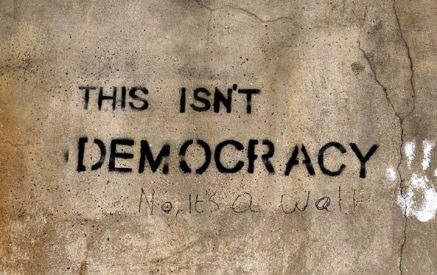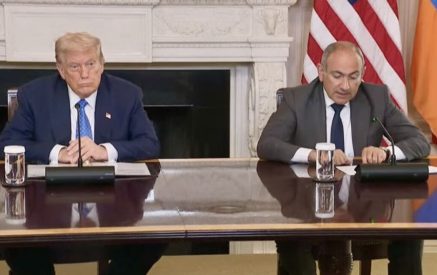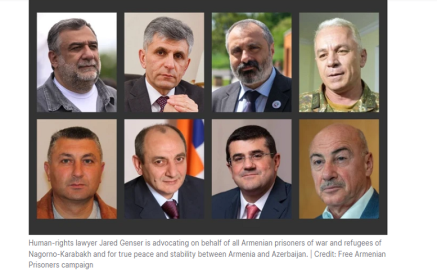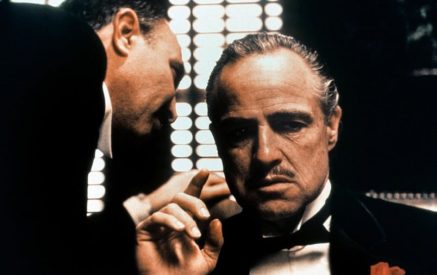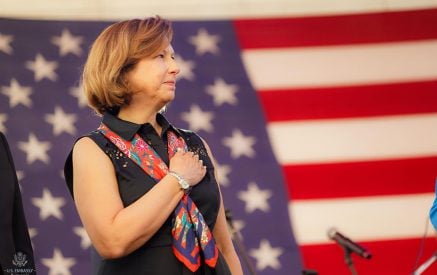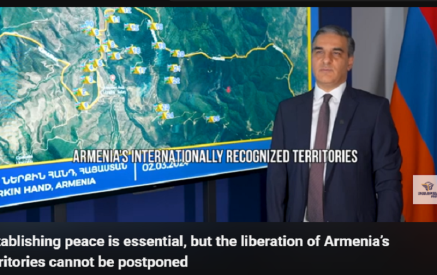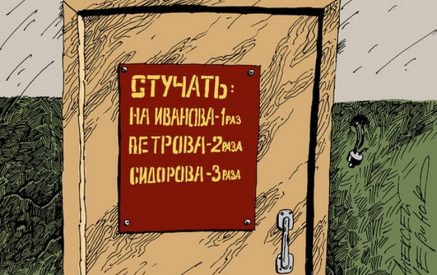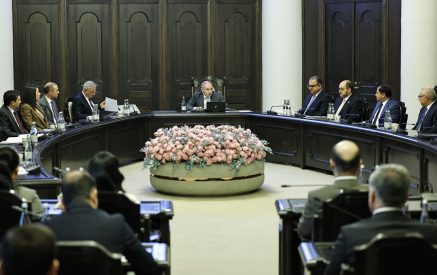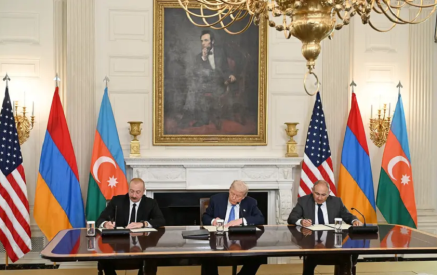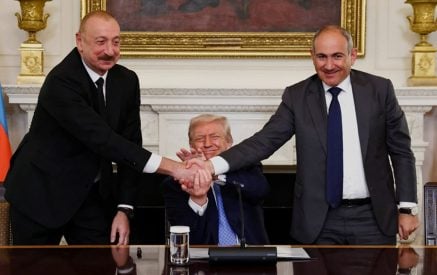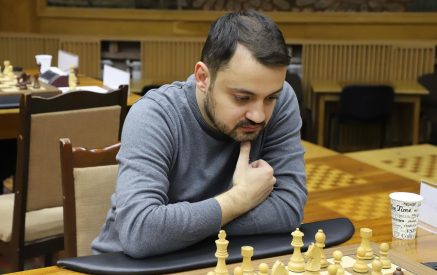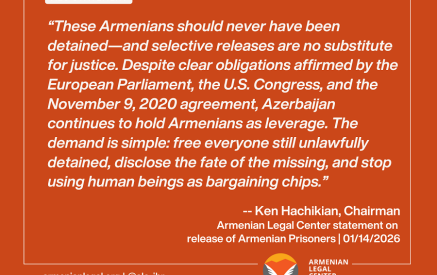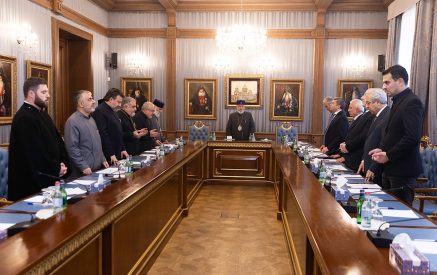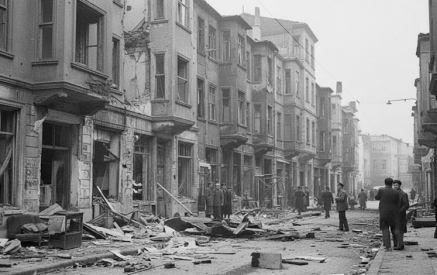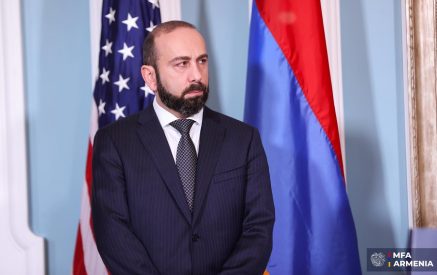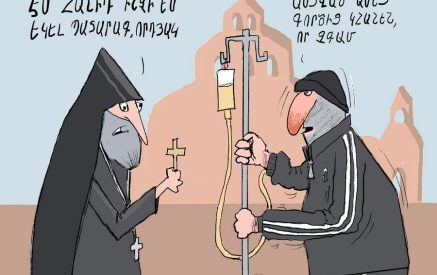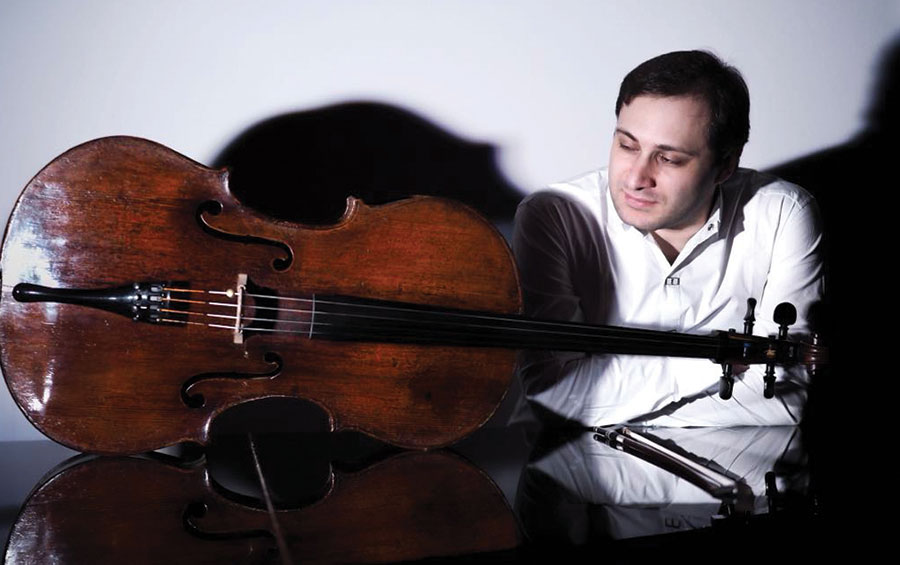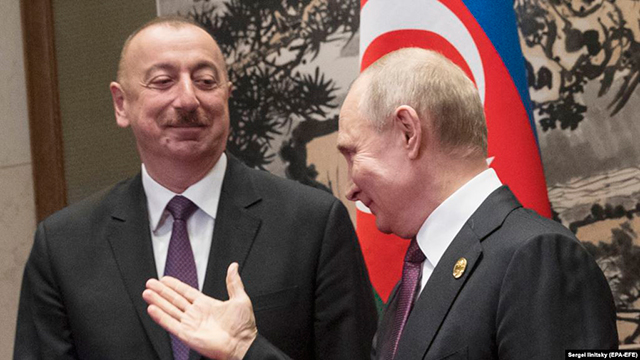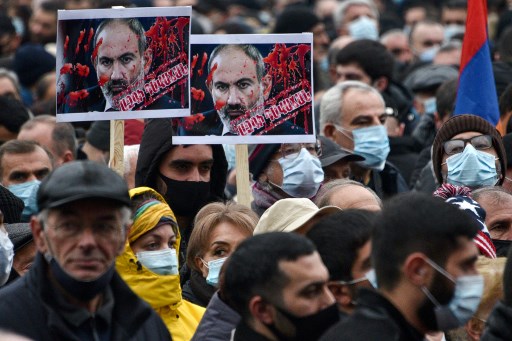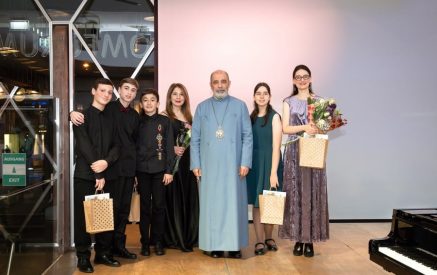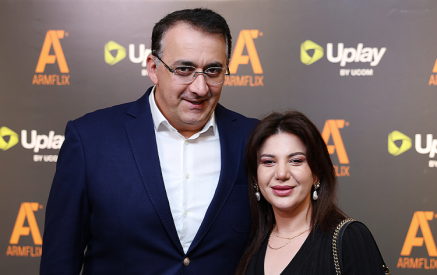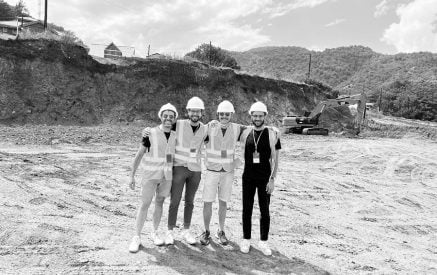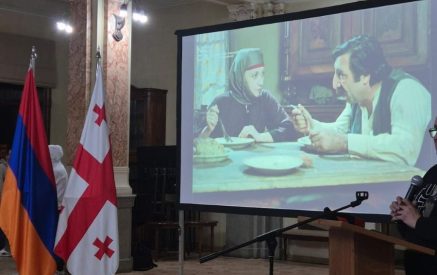Hayk Sukiasyan is a young Armenian cellist born in 1994 in Yerevan. During his studies, Sukiasyan performed internationally with orchestras such as the Freixenet Orchestra under the baton of Pablo Heras Casado, the Armenian National Philharmonic Orchestra under the baton of Harutyun Arzumanyan, the State Youth Symphony Orchestra of Armenia under Sergey Smbatyan and the Staatskapelle Halle with Josep Caballe Domenech.
Despite his young age, Sukiasyan has already had the opportunity to play at renowned concert venues including Konzerthaus Berlin, Semperoper Dresden, Handel Halle, Stiftung Mozarteum Salzburg, Salle Cortot Paris, National Auditorium of Madrid, Teatro Real Madrid, Kursaal San Sebastian, L’Auditori Barcelona and many others.
Our fellow compatriot has shared the stage with hundreds of esteemed musicians, including Anne-Sophie Mutter, Natalia Prischepenko, Diemut Poppen, Marie Elisabeth Lott, Zakhar Bron, Felix Renggli and Massimo Mercelli. It was my honor to interview Sukiasyan and discuss his inspiring trajectory and interesting subjects such as his invitation to perform at the anniversary of the Queen of Spain.
Milena Baghdasaryan (M.B.): It is not very common in Armenia to learn the cello, as many other musical instruments such as the piano, violin, drums and guitar dominate the scene in Armenian musical schools. What brought you to the world of the cello, and what were your first steps in that career trajectory?
Read also
Hayk Sukiasyan (H.S.): That’s true, back in the beginning of the millennium when I took my first steps into the musical world, the cello was a less popular instrument in Armenia than it is now.
The story was simple; one day at a dinner, my family decided for me to go to music school and start learning to play the cello. To my question, “Why the cello?,” my mother explained that it’s the closest to the human baritone and has the most beautiful sound. She was right, and I was, of course, too lazy to start practicing for hours. It took a while to get used to practicing routines (and to be honest, it is still ongoing).
M.B.: Were there any teachers, inspiring musicians or experiences that shaped your signature as a musician? Besides music, were there any other artistic or non-artistic fields and factors that left a mark on you as an artist?
H.S.: There were many, and there still are. I feel blessed that in every period of my life, I had people around me: teachers, friends, who voluntarily or involuntarily inspired me or moved my soul with their true artistry and craft, which eventually led me to do all the “hard work” on myself. Whereas, I have never considered this (music-making) as hard work because it has always been based on true passion, love and devotion.
I love arts, particularly cinema, which is an inseparable part of my day-to-day life, and sports. I get very energized by some of the most incredible fighters, actors, directors.
M.B.: What was the first time you realized that the page of success had opened up for you? Do you recall any moment, performance or achievement that stands out among the others?
H.S.: Depends on how you define “success.” I must say the very first step of it was when I realized how I love music and what it meant to me when I was a teenager. I would breathe and live with/in music every day of my life. I do recall our endless phone calls with a very good childhood friend of mine, who is now an established violinist and conductor. We would call each other and talk about music, composers, musicians, their performances on certain repertoire and even play for each other on the phone.
I think, for every performing artist, success is due to a life on stage (playing and “living” on stage is a huge success in itself). I often reminisce about the time when I was a teenager and started having my first concert tours within a year, namely around the U.S., Canada, France, Germany and the Middle East. I realized that this is something I might want to do for the rest of my life.
M.B.: You were invited to perform at the anniversary of the Queen of Spain Sofía. Can you tell us about how that happened and what impact it had on your career?
H.S.: Yes, this was during my studies in Madrid at the wonderful music school named after Her Majesty Queen Sofía. It was a wonderful evening, and two special guests were Maestros Zubin Mehta and Plácido Domingo. It was fantastic to work with both of them and hear a couple of stories from Maestro Domingo about his friend, the famous French-Armenian chansonnier Charles Aznavour.
I was playing J.S. Bach’s Brandenburg Concerto No.6 with my friends, which is, as I was told, one of Her Majesty’s favorite pieces of music.
M.B.: Along with performing at Queen Sofía’s 80th anniversary, you have also received several awards from the Queen of Spain. What was your reaction when you found out about these awards, and what is your attitude towards awards in general? How important are they for you, and how do they influence your artistic trajectory?
H.S.: It happened that I got these two awards during the same night for the two best chamber music groups of that year at the Escuela Superior de Música Reina Sofía. The feeling was indeed overwhelming, and these awards do mean a lot to me!
My attitude towards awards varies depending on the award, but in general, it must not be the most important thing since they do not always clearly define one’s professional nor artistic qualities.
M.B.: What does a cellist need to succeed in today’s musical world?
H.S.: Nowadays, the market is full of very good cellists. With all the digitized recordings, our ears tend to recreate what we hear from our speakers or headphones, mostly unintentionally. Therefore, it’s important to find your own sound, remain true to yourself, be critical enough so that you won’t make a copy of something already existing and be as authentic as possible.
M.B.: Collaboration appears to be a significant and integral part of your artistic life. Do you create opportunities for collaboration, or do they come to you? Can you tell us about a particular collaboration experience that stands out to you?
H.S.: A little bit of both. Collaboration is the core of music, and music is definitely one of the most powerful ways of communication. I am truly grateful for all the opportunities I have had to share the stage with all those incredible people. Some of those experiences have been totally life changing for me, and you know, separating some names would be unfair to the others, because I truly believe that all of them did enrich me not only as a musician but as a person, too.
M.B.: In one of your interviews you mentioned that you haven’t performed on stages in Armenia since 2015. Could you talk about the reasons behind this absence from Armenian stages and whether you envision any concerts in Armenia in the near future?
H.S.: That’s true, it’s been somewhat long. There are no particular reasons behind that as far as I am concerned. I am always open to suggestions and am positively sure that in the near future there’ll be opportunities and that I’ll have a musical comeback in our lovely homeland.
M.B.: It was great to see Aram Khachaturian’s music play on the stages of Switzerland. Could you tell us about how that happened, and what was your role in the making of this remarkable event?
H.S.: This music means a lot to me, not only because it was written by Aram Khachaturian and every single time I play or listen to it I am mentally taken to the center of Yerevan, but also because it was written and dedicated to Mstislav Rostropovich, who was the teacher of my former teacher Ivan Monighetti and basically my musical grandfather.
Maestro Khachaturian has taken this piece to many important stages of the world, either with M. Rostropovich or another phenomenal cellist, Karine Georgian. To my big surprise, they have missed Basel, and it was a great pleasure for me to perform this piece for the Swiss audience together with Sinfonieorchester Basel and the conductor Gabriel Venzago.
M.B.: What role does being Armenian play in your signature and musical career? Were there any moments when you realized that being Armenian was one of the contributing factors to your success? Or has it perhaps ever been a limiting factor?
H.S.: Let me start from the end. If I talk about those two, it might take a little longer. I’ve had both experiences. It did play a role to achieve success, and let’s face it, has been a factor for an obstacle as well.
Of course, I think that nationality does play a certain role in the establishment of a given person as a musician. Our linguistic thinking plays a significant role in many aspects. In my case, there are two main areas of influence. The first is the Armenian language which, being my mother tongue, is very musical and modulated, with countless dialects and directions (Western and Eastern). The second one revolves around our roots which, coming from the depths of centuries, is also a serious stimulus in the development of an individual and musician.
M.B.: You travel from one place to another on a regular basis. How do these traveling experiences contribute to your musical expression?
H.S.: I always thought that getting to know the world is one of the biggest life lessons. It’s a great endless journey during which you learn so much about humanity, cultures and every possible thing that comes across your path. So, eventually it does affect one and undoubtedly shapes one’s musical and artistic expression. Or at least it should…
M.B.: When traveling, do you have one particular performance style that you follow across different places, or do you adjust and adapt your style and musical expression to the cultural tastes and preferences of the countries you visit?
H.S.: I do enjoy playing different kinds and styles of music, if that’s what you’re asking. I think by doing that you already adapt a lot to certain stylistics, ways of pronunciation and articulation. You always try to do the honest job of trying to understand the text in the best possible way, do research in order to have deep insights of what that certain piece of music represents.
M.B.: What projects and performances can our readers expect from Hayk Sukiasyan in the near future?
H.S.: I am preparing some solo recitals in Germany and Switzerland for the next couple of months. Next year I will be having my debut with L’Orchestre National de Cannes in 2025, as well as some very exciting chamber music projects coming up this summer.
M.B.: What is the best advice you have ever received, and what would be your own best advice to young Armenian musicians?
H.S.: There were many, but I would like to mention what my grandfather Samvel Avetisyan used to tell me, which is to do everything with full dedication and utmost love. It has been stamped in my consciousness (as well as many other of his pieces of advice) and has become a life motto for me.
And as an Armenian I would suggest to constantly research, learn about our rich culture, preserve the language. As a musician, I would suggest applying all of this into their musical apprehensions, learn about their identity, find their own voice and practice a bunch.
by Milena Baghdasaryan



